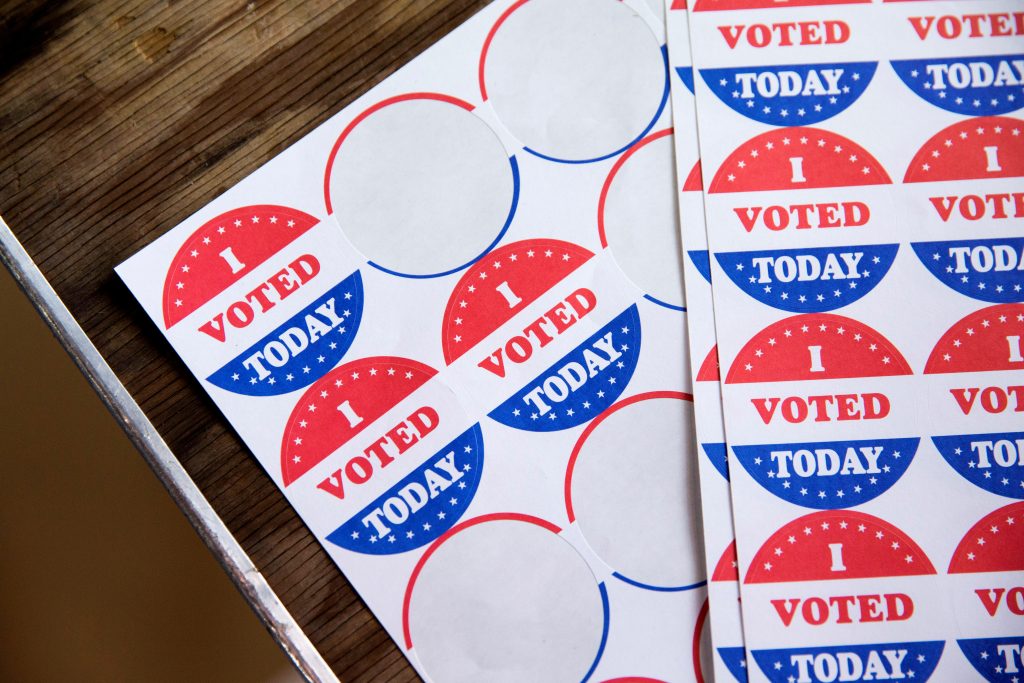Twitter is stepping up its efforts to crack down on false or misleading information on its platform that could “suppress the vote” or “compromise the integrity of an election.”
In a blog post on Sept. 10, Twitter announced its new policy regarding election-related content, “The conversation happening on Twitter is never more important than during elections. Twitter is where people come to hear directly from elected officials and candidates for office, it’s where they come to find breaking news, and increasingly, it’s an integral source for information on when and how to vote in elections.”
“As more people seek ways to vote and express their fundamental civil rights safely during the COVID-19 pandemic, the need for this type of information has only grown,” the post continued.
Twitter said it is “expanding this existing framework” of its election content policies to “further protect against content that could suppress the vote and help stop the spread of harmful misinformation that could compromise the integrity of an election or other civic process.”
Specifically, Twitter said it would start to “label or remove false or misleading information intended to undermine public confidence in an election or other civic process.”
Twitter said the content that would be subject to being labeled or removed includes “false or misleading information that causes confusion about the laws and regulations of a civic process, or officials and institutions executing those civic processes.”
Additionally, the platform said it would crack down on “disputed claims that could undermine faith in the process itself,” such as “unverified information” about rigging elections or tampering with ballots.

Finally, Twitter said it would label or remove “misleading claims about the results or outcome of a civic process which calls for or could lead to interference with the implementation of the results of the process.”
Twitter shared examples of misleading claims it would address, “Claiming victory before election results have been certified, inciting unlawful conduct to prevent a peaceful transfer of power or orderly succession.”
The post added, “We will not permit our service to be abused around civic processes, most importantly elections. Any attempt to do so — both foreign and domestic — will be met with strict enforcement of our rules, which are applied equally and judiciously for everyone.”
The new policy will take effect on Sept. 17.
Twitter and Facebook have both faced calls to step up their moderating of election-related conducted ahead of the general election in November.
Many have raised concerns that foreign actors can use social media in the U.S. to promote propaganda and disinformation in a bid to sway the results of the election.
On Sept. 3, Facebook announced that it would stop accepting political ads in the weeks leading up to the election.
























 Continue with Google
Continue with Google